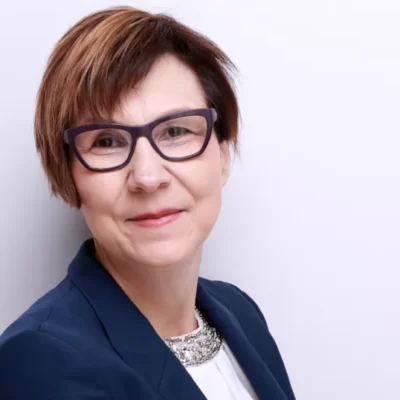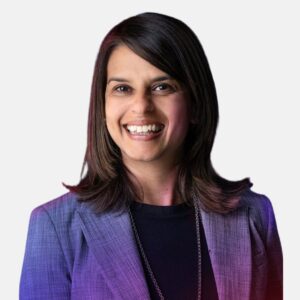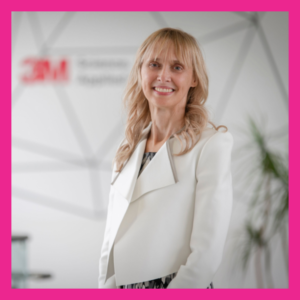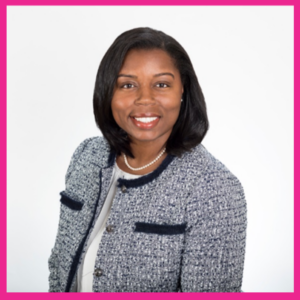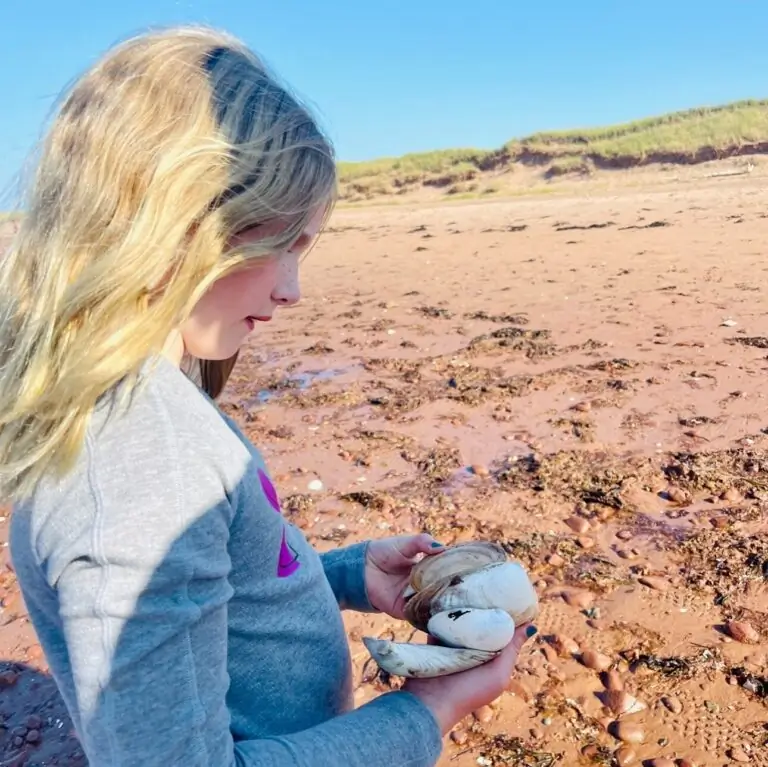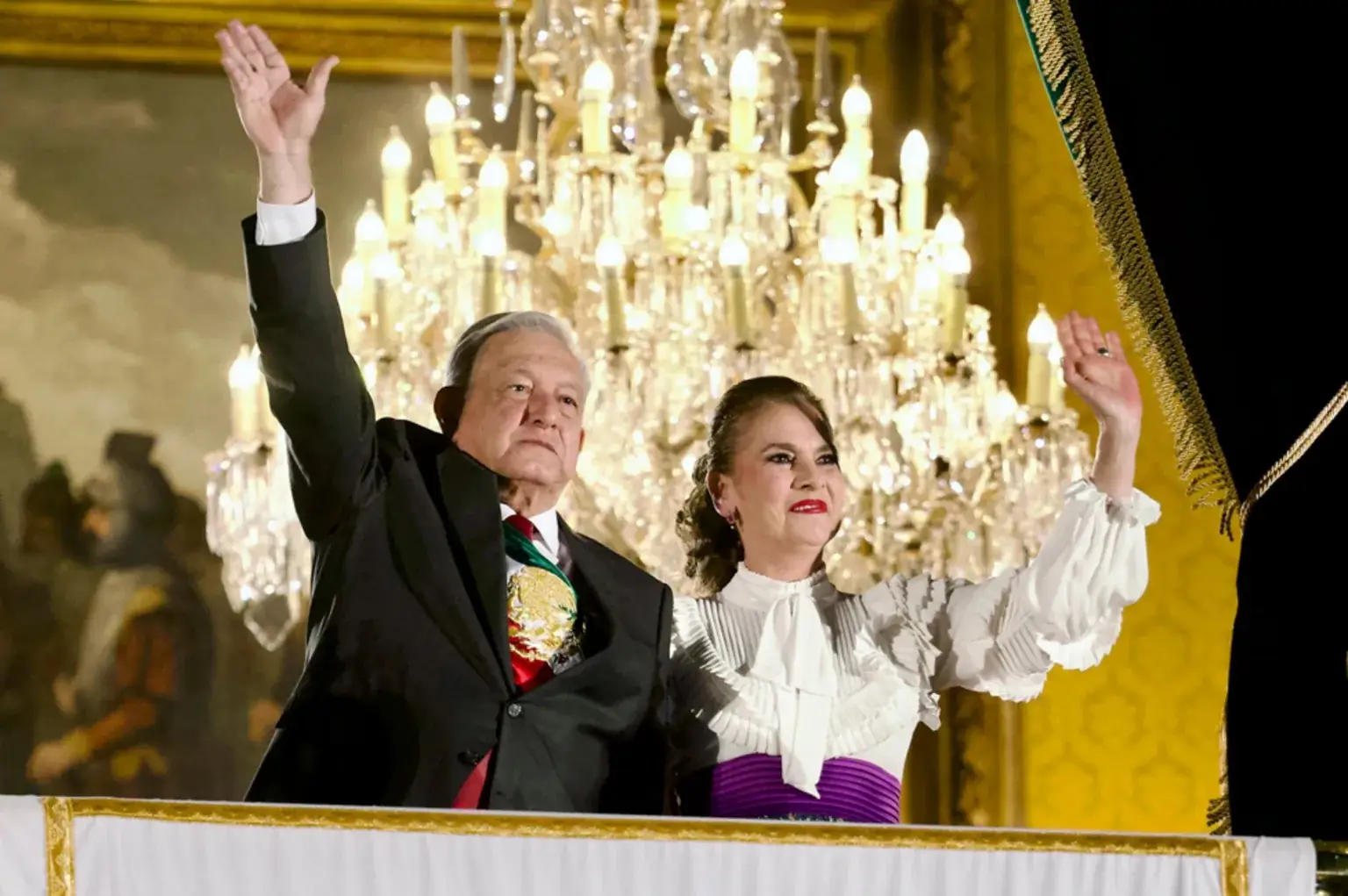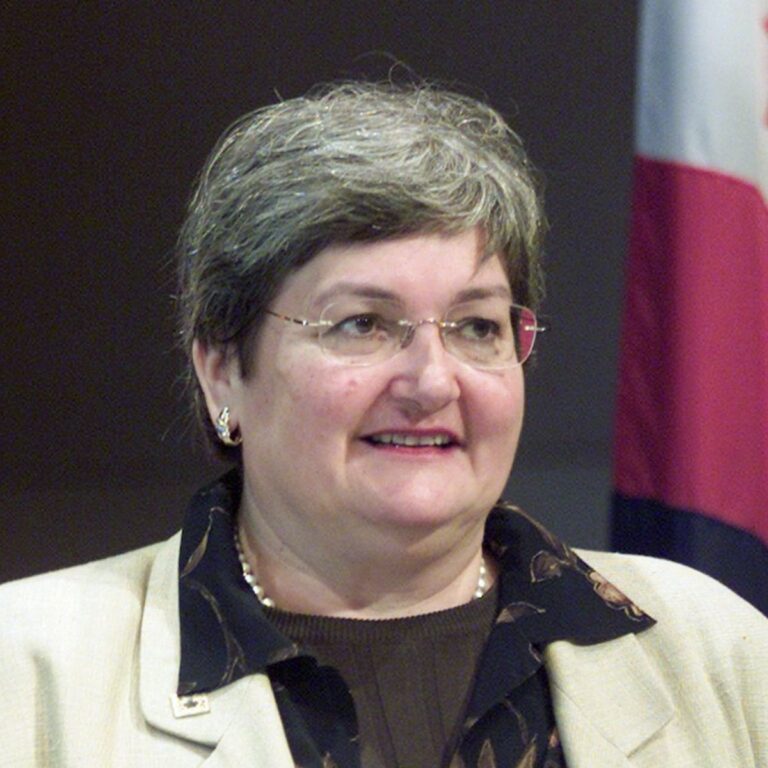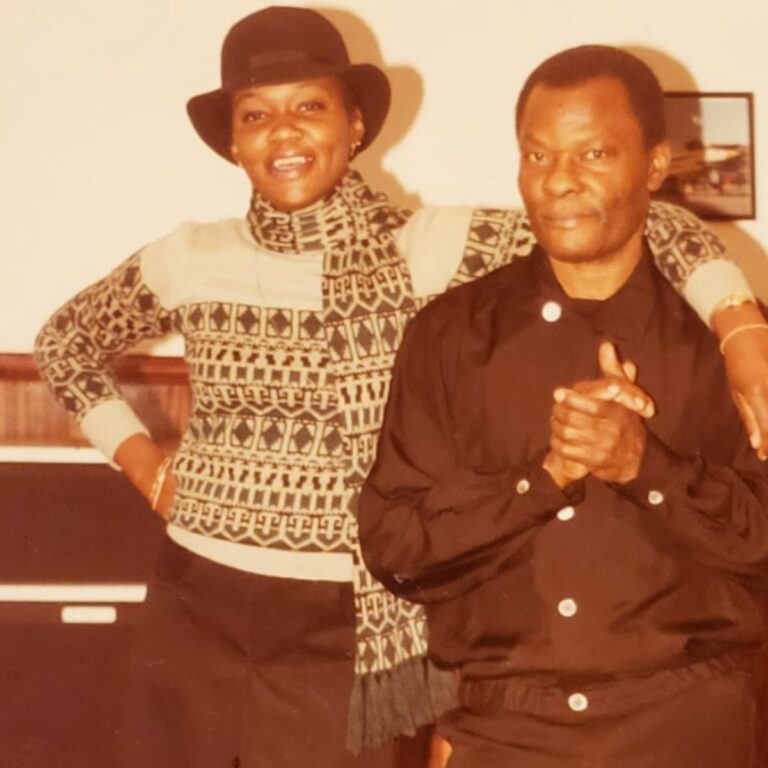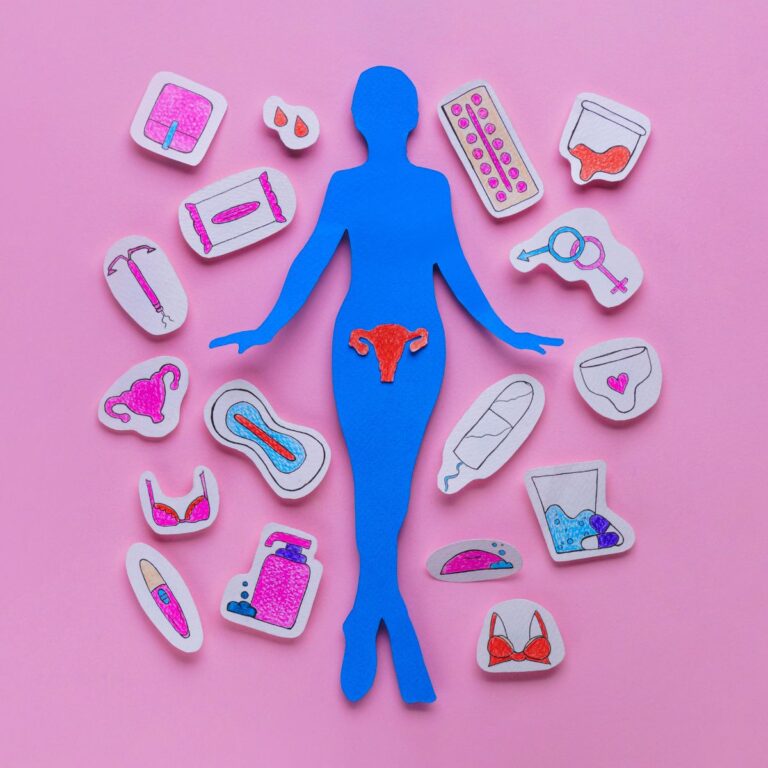Carole Saab — CEO of the Federation of Canadian Municipalities
Carole Saab is the CEO of the Federation of Canadian Municipalities, an organization which serves as the national voice of 2,000 municipalities across Canada. Carole was involved in student politics and worked on Parliament Hill before joining FCM, eventually becoming the first woman leader in its 119-year history. In this conversation, she talks openly with Jen and Catherine about leaning into your ambitions, dreaming big, and the power of kindness.
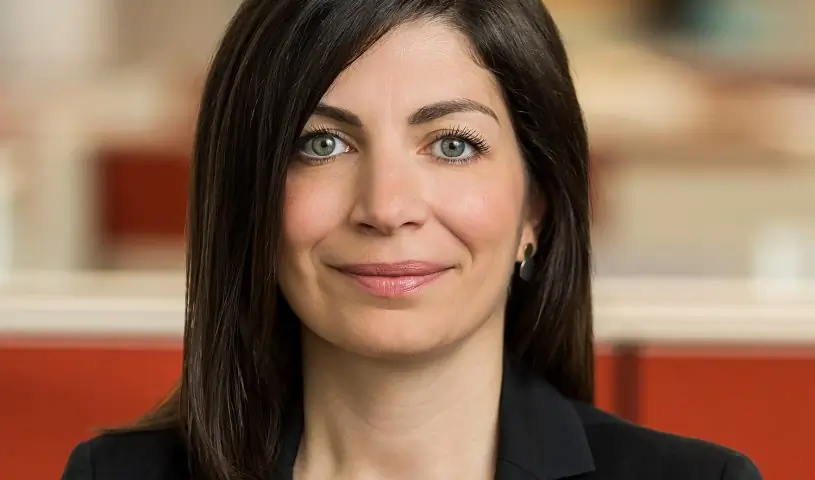
Being the first woman CEO of the Federation of Canadian Municipalities
Jennifer Stewart: How are you feeling almost six months into the job and during a pandemic?
Carole Saab: I’m feeling great. I think you are noting the right things about what is making this introduction into this role as intense as it is. It’s been a whirlwind entry, and assuming this role amid COVID has been quite an experience, both in terms of what we have to do as an employer and the changes our staff are facing, but also our members across the board. So it’s been very intense.
I’ve got an excellent team, and our members are as determined as ever. I’m standing on the shoulders of many folks as well and feel quite good about the path forward.
Catherine Clark: What would you say to other women who are listening and might be considering putting their hand up or their name forward for a new job or a raise or a promotion? What would you advise them to do?
Carole Saab: As a woman, you have to be ten times more direct about your ambition than you think you need to be. At every turn, I feel like enough assumptions are being made about whether or not you’d be interested, do you have a young family, what type of career is this — all of these things are barriers that women face, and they’re imposed whether or not you know that’s happening around you.
As a woman, you have to be ten times more direct about your ambition than you think you need to be.
Carole Saab
Every time I’ve been promoted, I’ve felt like I have needed to be my own advocate and be very direct about that. And, like I said, more direct than you think you need to be because it surprised me many times to hear a response saying, “Oh, that’s great. We’re glad you’re interested, we didn’t think you would be because of x,” whether that’s you have young children, or whether that’s my age, or whatever the case might be.
And those are obstacles that women face more than men do, and we face it systemically, we face it in the absence of knowing who we are.
My advice would be if you want to go for it, you go for it, but you make it loud and clear that you want to go for it so that people have you on their radar in the way that you deserve to be.
Carole Saab
Jennifer Stewart: What motivated you to put your name forward? And then, did you set any boundaries around the role in the sense of any work-life balance?
Carole Saab: I’ll start with the first part of your question. I love what I do and have loved working with municipalities and communities nationwide. I have learned more about our country, more about how people work and communities work than I would have in a lifetime in another sector.
And it’s one of the best ways to impact change; my entire career has focused on community-building and driving positive change, and the absolute best way to do that is through local government. And so, a position where I get to work with local governments across the country, support them, and advocate on their behalf is fulfilling on several levels. And so it felt like a very natural fit.
I love building a team and had an incredible foundation coming into FCM of strong colleagues and personnel, and the ability to build this and take it to the next level is inspiring.
As for boundaries, I have two young children; I’m battling everything I think women and mothers in leadership positions or highly demanding jobs face in terms of making sure I spend enough time with them, and wondering, am I going to be able to do this all?
But at FCM we believe in the necessity of a work-life balance — we have a lot of young parents in our staff and many folks in varied circumstances that have different calls on their lives, and we’re quite clear about it.
Carole Saab
I try very hard to build a culture that enables everyone across the organization at all levels to prioritize accordingly. But defining, redefining, and sticking to those boundaries is a constant challenge and a work in progress.
Advice for women in leadership
Jennifer Stewart: How do you think we move the dial to get more women in leadership positions when it can be a really ugly place sometimes?
Carole Saab: The only way to move the needle is to call it out. When I do that, the overwhelming support for calling it out is there. People are quick to say thank you for doing this, or it’s important, going forward. It heavily outweighs whatever troll comment would have come in in the first place to precipitate that. It’s important that we continue to do that; it’s important that we do it for each other.
I’ve been relatively insulated compared to women I respect and women I work with in these fields, so I feel an accountability to call it out when it’s happening to other women. It’s tough to be on the receiving end of that, not be worn down by it, and also carry the burden of being the person to speak out against it. So, being effective allies to one another in that context is equally important.
I don’t know the answer, but we’ve got to do better, and social media companies have to do better. It’s not a tenable situation right now. And so I hope we can catalyze a conversation collectively across our networks of women in these positions, and hopefully allies, to figure out how to change the system so that this can’t keep happening.
Catherine Clark: We have so few parameters. How can we go about trying to redraw that system?
Carole Saab: It’s got to start with understanding both legally and process-wise what are those systems and levers in place and where are the gaps and how do we fill them? There are enough of us being impacted by this where we can use that influence to drive this kind of conversation forward.
At FCM we run a program around trying to push towards parity in women in local government, and much of our work focuses on reducing the barriers. The number one barrier we hear from women across the country that prevents them from running for elected office at a local level is, “Why would I subject myself and my family to it?”
Even for me, every time I stand up to it online or every time I am out there pushing this kind of agenda on equity, I think, “Oh, man, am I going to be targeted? Are my kids going to be targeted?” I have friends who work in the media and have received threats to their children. And it’s tough as a woman and as a mother not to take that seriously. I wish I had the silver bullet answer, and I don’t, but I think we’ve got to collectively take on trying to find it because it’s such a problem.
Jennifer Stewart: Do you talk to your kids about it? Or do you try to shield them from it?
Carole Saab: My kids are quite young, but we certainly talk about bullying, about making sure we’re treating people equally, making sure that we’re considering the impact of our words on others.
It’s an important conversation to have with them about protecting yourself in online spaces and being very aware of the impact of your words and actions in those online spaces as well. There are a lot of keyboard warriors and folks willing to say things online that they wouldn’t in a million years say out loud if they had to connect their name and face to it. And that’s at the heart of what makes it so vitriolic online, and it’s got to start with all of us for the conversations we have with our kids, and also our colleagues and the community around us.
Jennifer Stewart: How do you think we move the dial to get more women in leadership positions when it can be a really ugly place sometimes?
Carole Saab: The only way to move the needle is to call it out. When I do that, the overwhelming support for calling it out is there. People are quick to say thank you for doing this, or it’s important, going forward. It heavily outweighs whatever troll comment would have come in in the first place to precipitate that. It’s important that we continue to do that; it’s important that we do it for each other.
I’ve been relatively insulated compared to women I respect and women I work with in these fields, so I feel an accountability to call it out when it’s happening to other women. It’s tough to be on the receiving end of that, not be worn down by it, and also carry the burden of being the person to speak out against it. So, being effective allies to one another in that context is equally important. I don’t know the answer, but we’ve got to do better, and social media companies have to do better. It’s not a tenable situation right now. And so I hope we can catalyze a conversation collectively across our networks of women in these positions, and hopefully allies, to figure out how to change the system so that this can’t keep happening.
Balancing work and life
Catherine Clark: We’d love to know about the other elements of your life. What do you do when you’re not working and trying to be a mother and spouse 24/7? Do you have hobbies?
Carole Saab: I love music. Right now, I miss live concerts. And I’m a big sports fan, which I’m missing in the COVID context. I play softball, and I’m missing that and many other activities that I would have otherwise been engaged in. All of that is part of the balance and part of the self-care that we’ve got to try to do as women.
When I’m not working and not with my kids, I’m trying to keep and develop and lean on the friendships and support networks that make the other things possible. I’m lucky to have several really good girlfriends and friends, and trying to funnel my energy and time there where I can is equally important.
Building a legacy
Catherine Clark: What do you want to be remembered for?
Carole Saab: I hope, above all, that I am remembered — whether it’s as the head of my organization, as a mentor, as a friend, as a mother, as any of these things — as an inherently kind person. I think kindness is a virtue. That sounds just fluffy enough that people don’t talk about it enough, but it is a foundational element of leadership and driving outcomes.
I hope that I can continue to dedicate my career to issues that I care about, around the importance of community and equity going forward. And I recognize that I’m a woman with a lot of privilege, and so I want to grow my ability to use my privilege and platform to reduce barriers for others. If I’m fortunate enough to do that and be remembered for that, it would feel like time well spent.

